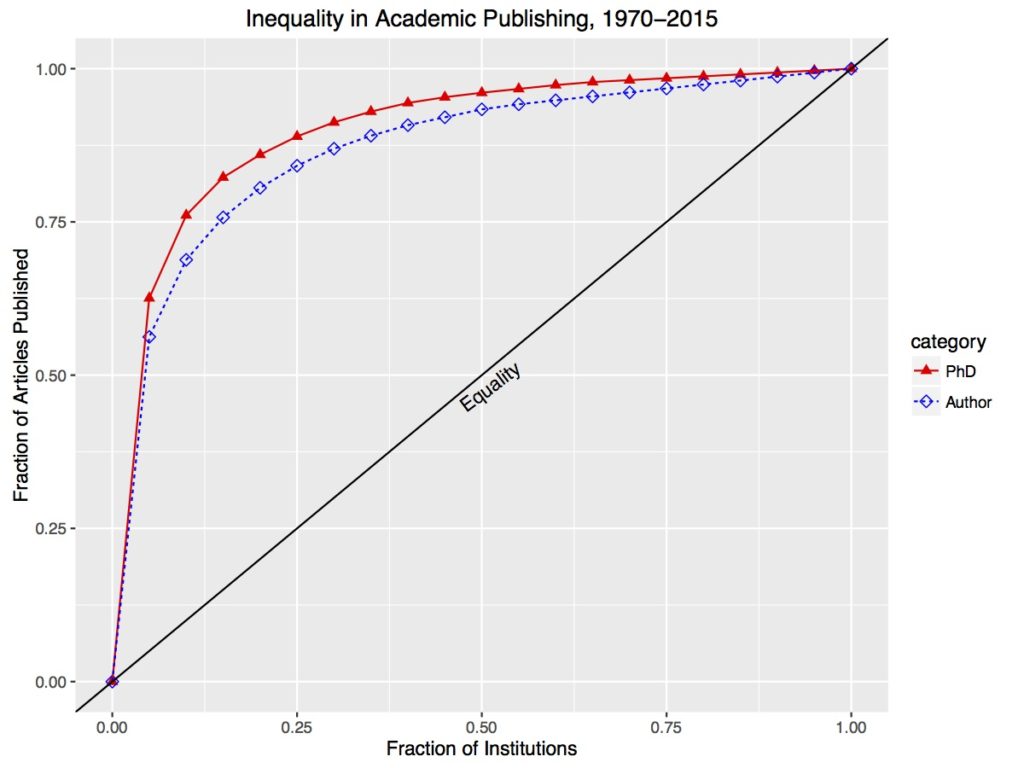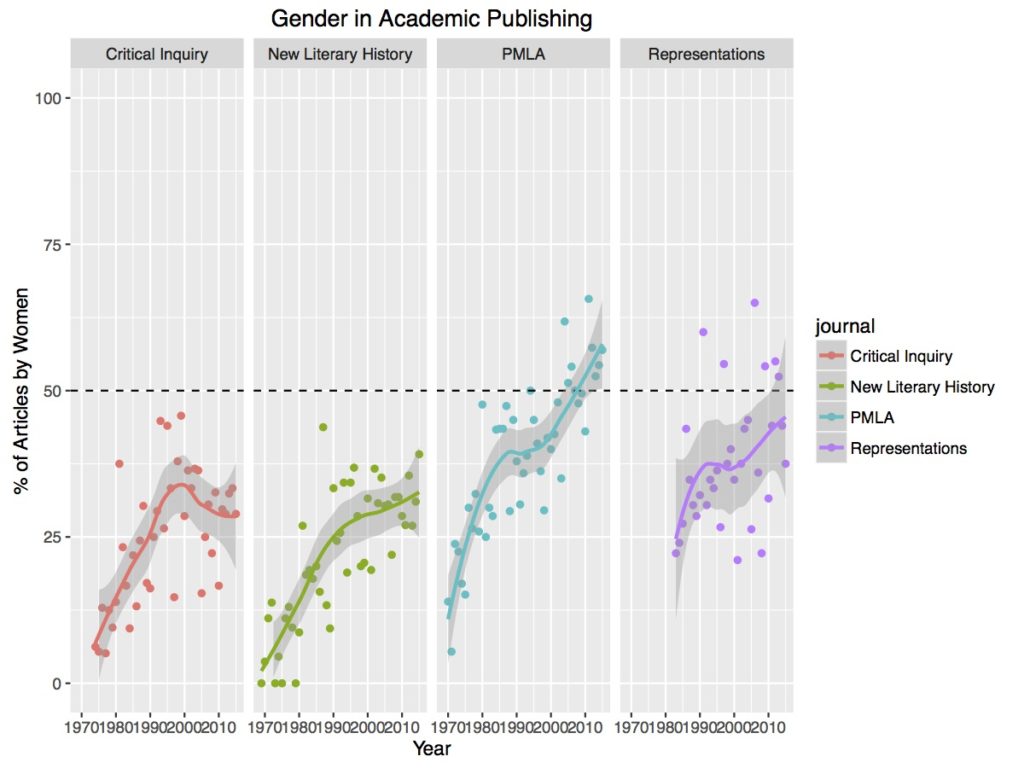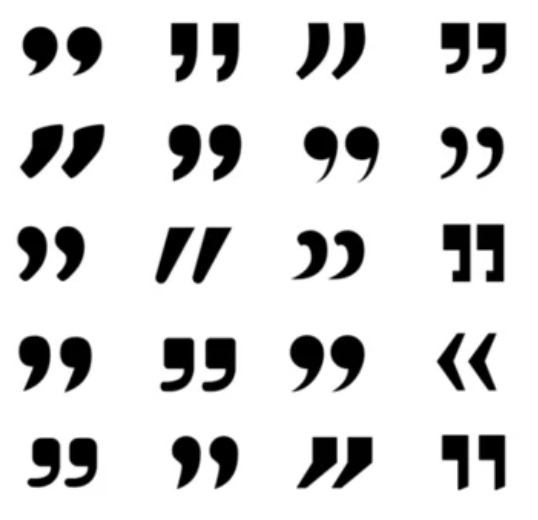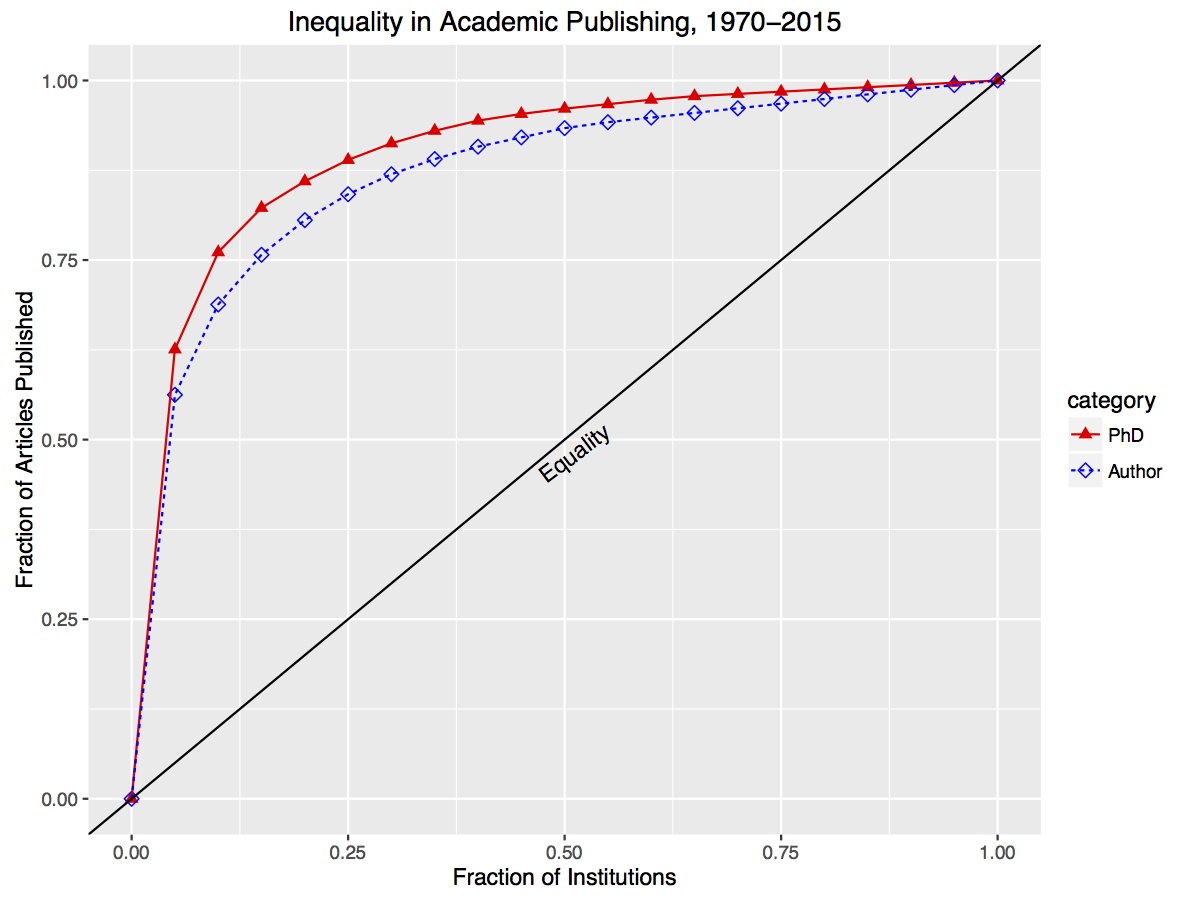Academic Prestige and Publishing
Very excited to announce the acceptance of a new article co-authored with Chad Wellmon that will be appearing in Critical Inquiry. The article, “Publication, Power, and Patronage: On Inequality and Academic Publishing,” addresses the unequal concentration of elite institutions within prominent humanities journals. Our goal is to begin to shed light on the academic publication system with a particular emphasis on questions of institutional and intellectual inequality. As other research has shown with respect to academic hiring, there is a strong bias towards a few elite institutions who exercise outsized influence not only on who gets tenure-track jobs but also in who gets published and where.
The article combines both a quantitative analysis of contemporary publishing patterns in the humanities, as well as a conceptual account of the historical relationship of publishing practices to the modern research university. The quantitative study is based on a new, hand-curated data set of 45 years of publishing in four leading humanities journals that encompasses just over 5,500 articles. At the same time, we also try to show how the contemporary norms of academic publication have a long and complex genealogy in the scholarly and institutional practices that make up the history of the university. As academics we need to better understand both the past and present of our publication system and have open conversations about what a more egalitarian and institutionally diverse intellectual system might look like. Data + historical context, we argue, are important tools to help us better imagine alternative futures.
To give you insights into the problem, we present two graphs taken from the piece. The first shows the skew towards a small number of elite institutions, whether it is in terms of PhD training or where authors are employed at the time of publication. Between 84-89% of all publications can be accounted for by less than 25% of the institutions in our data set. Indeed, 50% of all publications can be accounted for by just ten PhD-granting institutions.

The second figure shows the gender bias in elite publications that still persists to this day. As we show, while PMLA and Representations have made real strides towards gender parity (something we attribute to their process of blind peer review) two of our four journals have not shown a single year when female authors outnumbered male authors since their inception. In a larger sample of twenty humanities journals taken over the past five years, we found that 3/4 of them had average rates of female authors well below parity. Patronage and patrimony remain strongly linked in humanities publishing.

The pre-print of the article can be found here and the code and data used for the project here.


4 Comments
Join the discussion and tell us your opinion.
[…] with a particular emphasis on questions of institutional and intellectual inequality,” reads a write-up of the research by co-author Andrew Piper, professor and William Dawson Scholar of German and […]
[…] with a particular emphasis on questions of institutional and intellectual inequality,” reads a write-up of the research by co-author Andrew Piper, professor and William Dawson Scholar of German and […]
[…] a particular emphasis on questions of institutional and intellectual inequality,” reads a write-up of the research by co-author Andrew Piper, professor and William Dawson Scholar of German and […]
[…] with a particular emphasis on questions of institutional and intellectual inequality,” reads a write-up of the research by co-author Andrew Piper, professor and William Dawson Scholar of German and […]